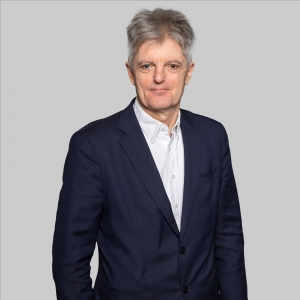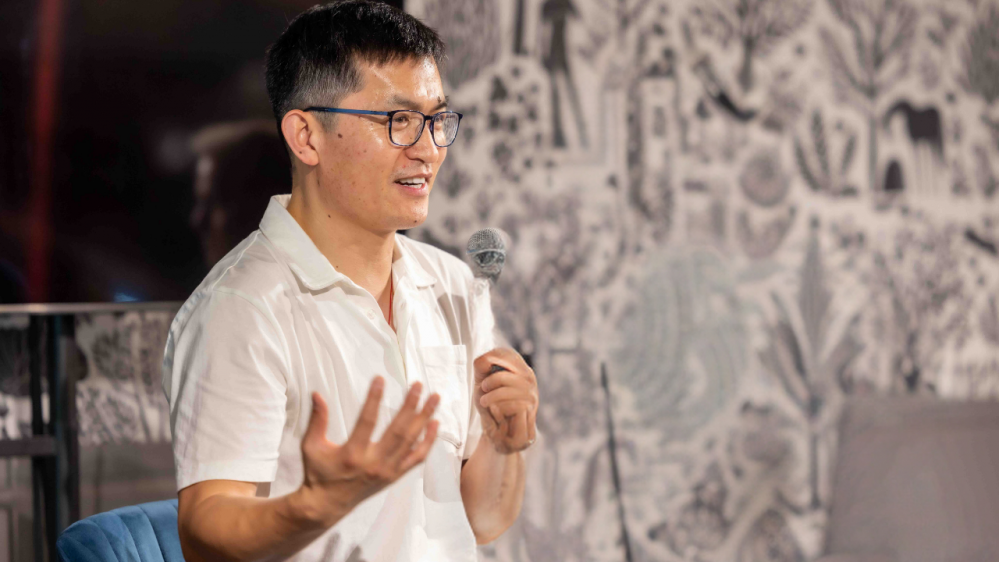In the home of the Einstein Afterschool Program, children in Stuttgart have been enjoying the world of playful exploration for years.
In 2003, the Stuttgart municipality launched the so-called Einstein Concept in the city's kindergartens. This pioneering educational and pedagogical initiative aimed to nurture children's inquisitive spirit and curiosity while also strengthening their social skills. Named after Albert Einstein, the program encourages children to explore the mysteries of the world, inspired by Einstein’s famous quote: “The most beautiful and deepest thing a person can experience is the sense of mystery.”
Initially, the concept achieved notable success, winning the 2005 national "Promoting All Talents" competition and receiving multiple local and national awards. However, in recent years, an increasing number of parents and educators have raised concerns about the program’s effectiveness.
On an online forum, parents and professionals debate the practical viability of the Einstein Afterschool approach. Critics argue that the implementation of the concept faces several significant challenges. The most frequently mentioned issue is the shortage of qualified staff, which prevents the program from fully achieving its goals. Kindergarten teachers are often overworked and exhausted, leading to frequent staff turnover and exacerbating the shortage.
Another major concern is that children are entering kindergarten with increasingly underdeveloped language skills. Since the program’s core principle is free play with teachers acting primarily as observers, many children become bored due to a lack of guidance and structured developmental activities. This also raises questions about whether children growing up in a digital environment are truly capable of enjoying free play and engaging their creativity.
The head of Stuttgart’s municipal department for kindergartens believes that the Einstein Concept, which emphasizes individualized education, needs to be re-evaluated, with a stronger focus on developing communal skills. The official justifies this shift by pointing to changes in daily kindergarten life and the broader social environment, the general decline in social skills, the increasing proportion of children requiring integration support, and the growing number of children with language deficiencies. Additionally, more structured schedules and fixed group assignments could provide greater support for children who need more stability.
As the Einstein Afterschool concept has largely failed to meet its objectives in most kindergartens, there is a growing demand to return to traditional pedagogical methods. This suggests that while innovation in education is crucial, experimental programs often fall short of expectations when they lack the necessary conditions and resources. It is essential to consider feedback from teachers and parents and to ensure adequate support for successful educational initiatives.
Source: Stuttgarter Zeitung




